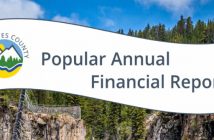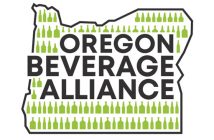
Last week, CBN readers got a preview of the inaugural Business 20/20 Executive Breakfast, which will explore Access to Capital Sept. 9 at the Tower Theatre. Panel member Art Hiemstra discussed what companies need to know to get financing and the role that the state and nonprofits can play to create more access to capital. Jim Coonan, venture catalyst manager for the Economic Development of Central Oregon, weighs in on these topics.
Q: At the various life stages in a company, what do companies frequently need to know that impairs getting financing?
I’m going to focus on early state financing because that’s where the largest knowledge gap resides. I’ve worked with 60 companies in the four months since I began working with the EDCO and only a small fraction are investor ready. Unless you’re in the later growth stages, you’re not bankable—there are financing alternatives available, but companies don’t know their options or how to go about getting financing.
It’s not enough to have a good idea, aspiring entrepreneurs need to do their homework so they’re business savvy, and get networked to the people that can help them. For instance, they need a business plan, cash flow analysis, and an execution strategy to name just a few areas. They need to know how to prepare themselves to even ask for money.
Aspiring entrepreneurs can seek out help from such resources as the Small Business Development Centers, Economic Development of Central Oregon and Central Oregon Community College. These organizations offer some pro-bono services. Additionally, I recommend attending the Bend Venture conference, where they can get feedback on their plan and develop valuable contacts.
Q: Is there a role for the state and other nonprofits to play in helping create more access to capital?
Yes! Typically, infrastructure needs assistance from the state or non-profits to either be created or to sustain itself. This is a good role for both the state and nonprofits to play. For instance, as far as I know, there is no unbiased website that provides information about financing and other resources for start-ups. There could be for-profit websites, but a not-for-profit website would be a great project for the state or a nonprofit.
Another terrific project would be to create an accelerator, which is basically a boot camp that start-ups can go through. When they finish, they are investor-ready. TechStars is an example of this. It’s hard to get accelerators off from ground zero—this is a role for the state. Small amounts of money could support the infrastructure and pay for overhead. In the long-term, the accelerator could be self-funded. In fact, EDCO is in the process of exploring this idea.
These issues and topics such as new forms of financing will be explored at the inaugural Business 20/20 Executive Breakfast. To register, visit www.Kpbusiness2020.com, find more information on Facebook or follow them on Twitter.




